2018: Year in Review
Recent articles
Five hot topics in autism research in 2018
This year, researchers made big headway on autism’s most perplexing questions.
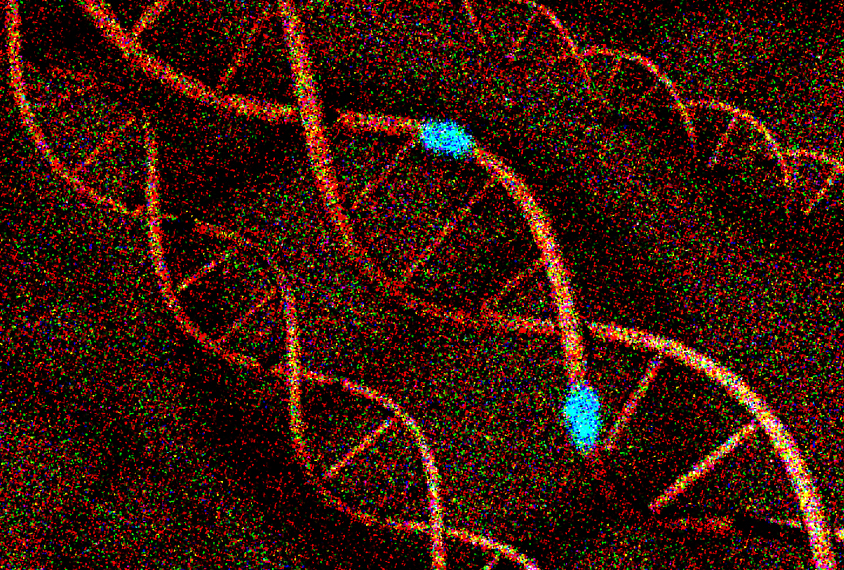
Five hot topics in autism research in 2018
This year, researchers made big headway on autism’s most perplexing questions.
Quotes of the year
In our favorite quotes from stories we published this year, researchers talk about where to store your marijuana for research, the significance of mouse-butt sniffing and the secret to productivity.

Quotes of the year
In our favorite quotes from stories we published this year, researchers talk about where to store your marijuana for research, the significance of mouse-butt sniffing and the secret to productivity.
A decade of Spectrum
It’s been 10 years since Spectrum — well, one version of Spectrum — launched. Fittingly, in this anniversary year, we made forays into new territory.
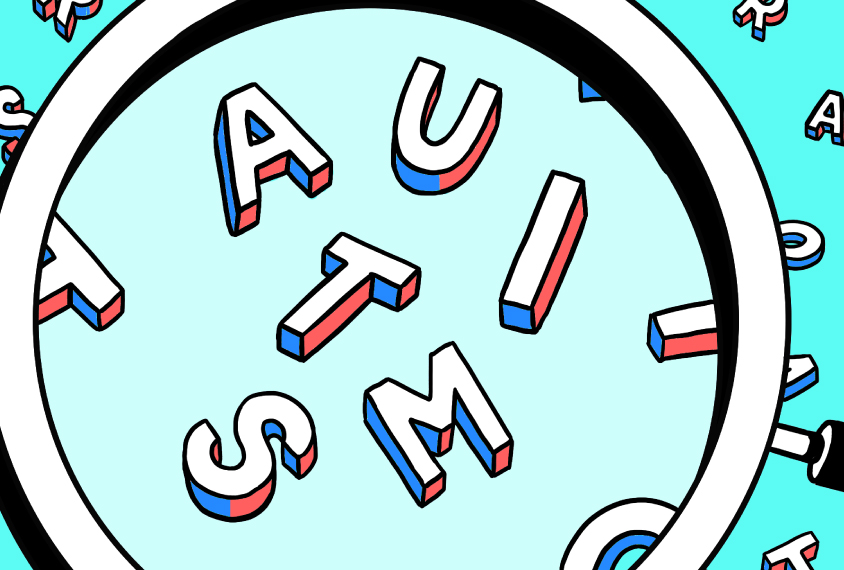
A decade of Spectrum
It’s been 10 years since Spectrum — well, one version of Spectrum — launched. Fittingly, in this anniversary year, we made forays into new territory.
In case you missed it: Five Spectrum stories from 2018
Spectrum's editors chose five stories from 2018 you may have missed the first time around.
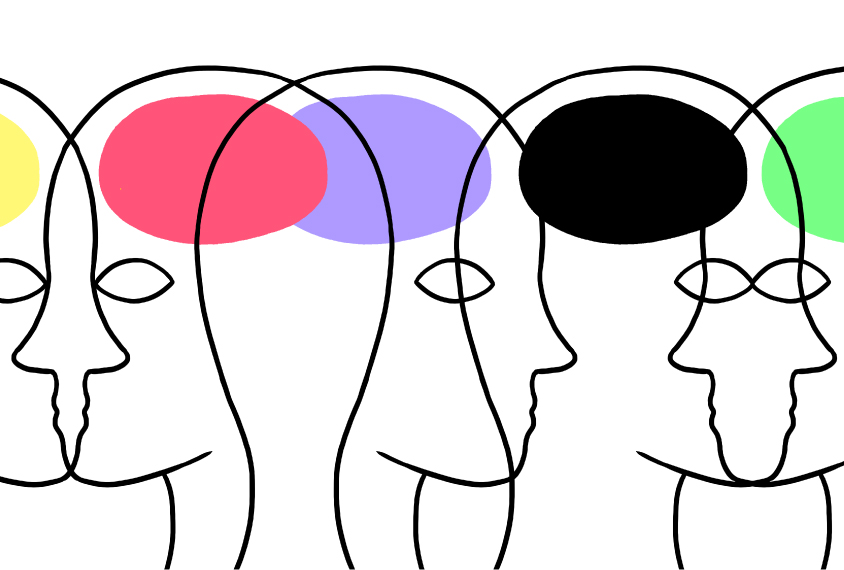
In case you missed it: Five Spectrum stories from 2018
Spectrum's editors chose five stories from 2018 you may have missed the first time around.
Notable papers in autism research in 2018
This year's list of top papers highlights new dimensions in our understanding of autism genetics and hints at novel treatments.
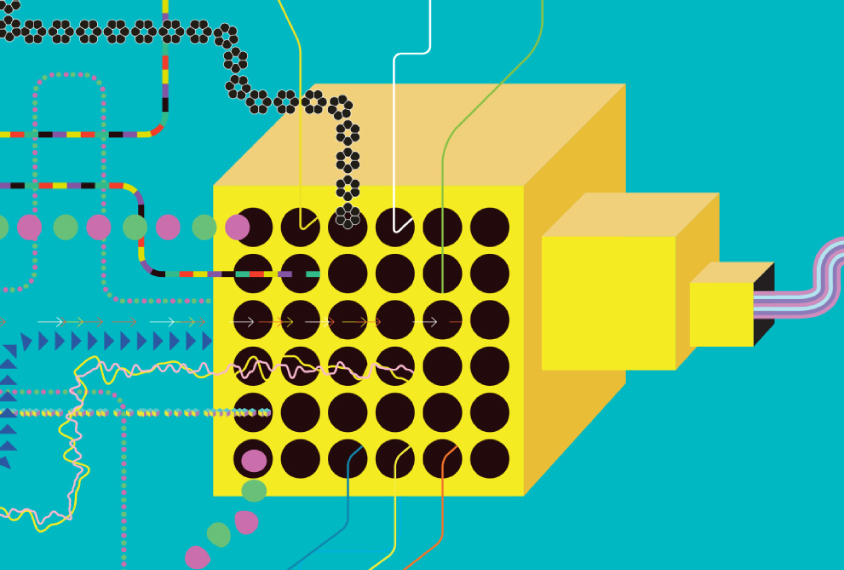
Notable papers in autism research in 2018
This year's list of top papers highlights new dimensions in our understanding of autism genetics and hints at novel treatments.
Science serves up inspiration for Katie Carey’s whimsical artwork
Katie Carey, who has illustrated several Spectrum articles, reveals her creative process and her strategies for pushing past mental blocks.
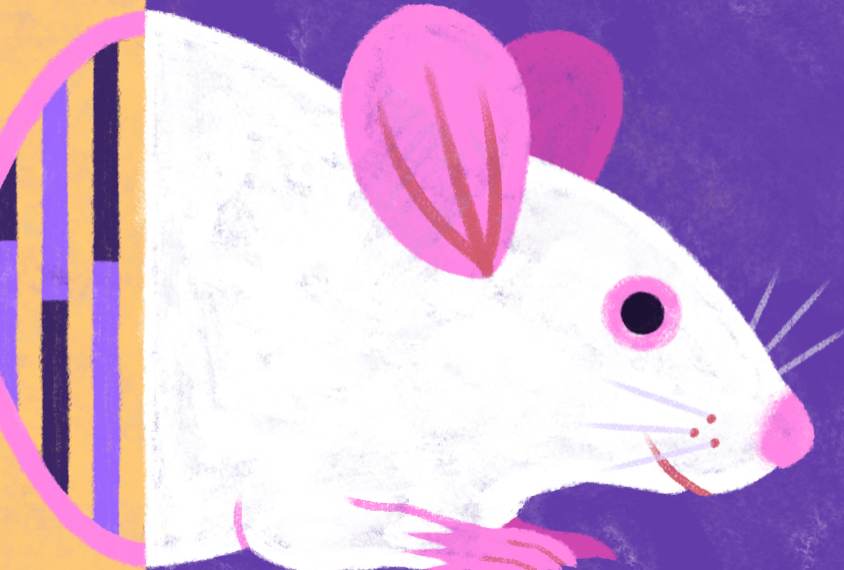
Science serves up inspiration for Katie Carey’s whimsical artwork
Katie Carey, who has illustrated several Spectrum articles, reveals her creative process and her strategies for pushing past mental blocks.
In Peru, novel program paves the way for autistic people’s employment
At a center in Lima, Peru, people with autism learn to identify their strengths and find jobs that play to those strengths.
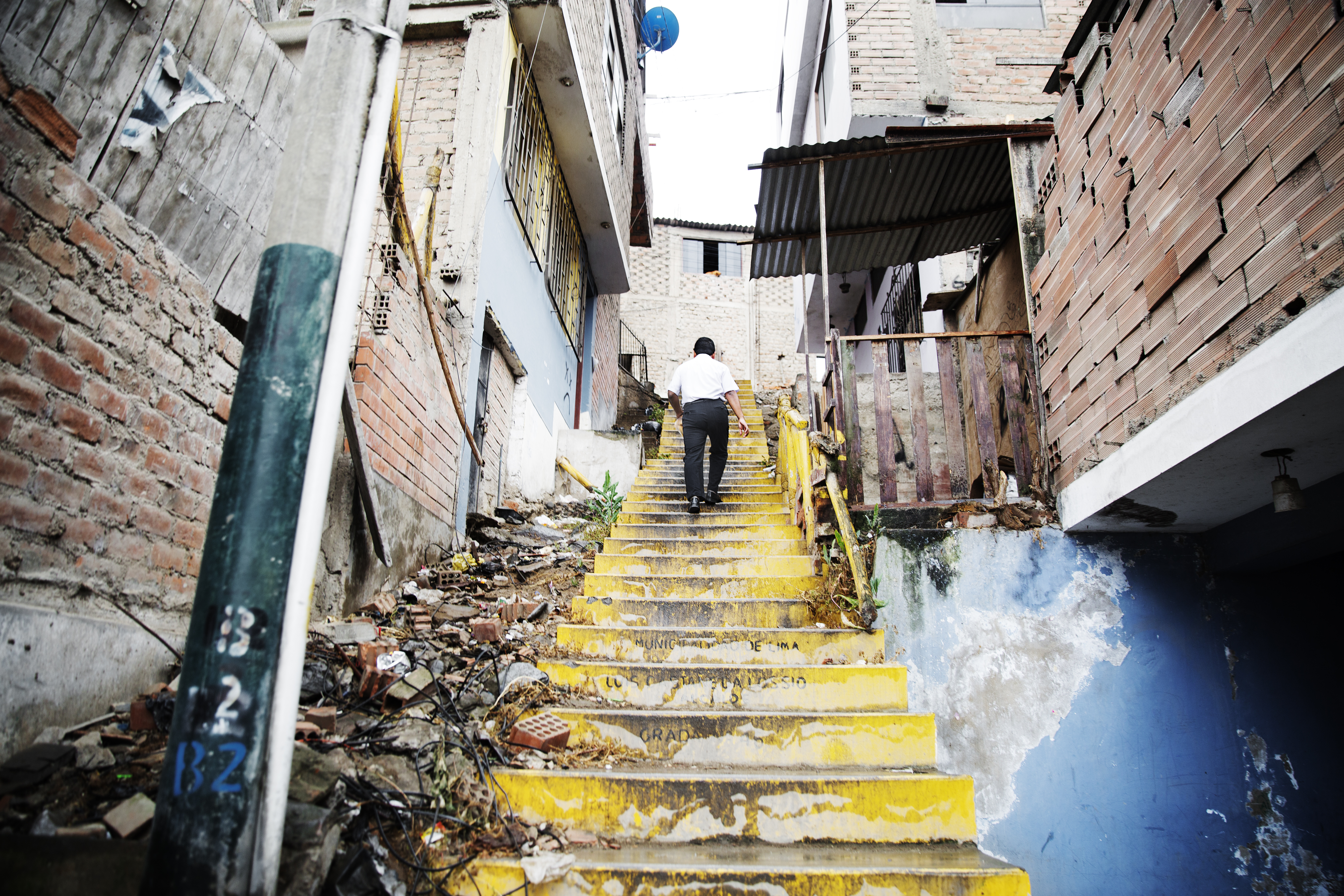
In Peru, novel program paves the way for autistic people’s employment
At a center in Lima, Peru, people with autism learn to identify their strengths and find jobs that play to those strengths.
Pitch your thesis: Big questions drive autism research
Early-career autism researchers record 'elevator pitches' of their projects.
Pitch your thesis: Big questions drive autism research
Early-career autism researchers record 'elevator pitches' of their projects.
Why adults need an easier path to autism diagnosis
Getting an autism diagnosis can be difficult for many adults, due to the dearth of reliable tests, high costs and bureaucracy.
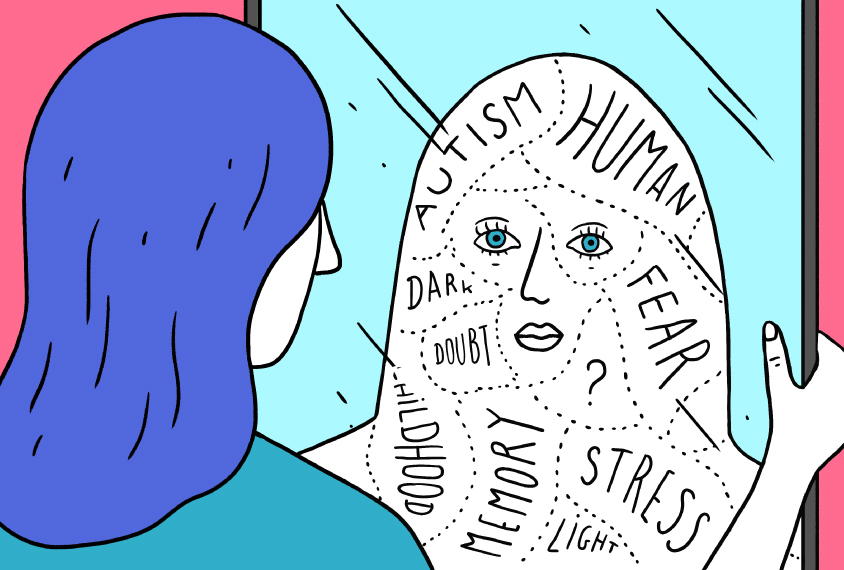
Why adults need an easier path to autism diagnosis
Getting an autism diagnosis can be difficult for many adults, due to the dearth of reliable tests, high costs and bureaucracy.
Explore more from The Transmitter
Marcelle Lapicque: A forgotten pioneer of neuroscience
Lapicque was the first Black female neuroscientist in Europe, new research suggests.
Marcelle Lapicque: A forgotten pioneer of neuroscience
Lapicque was the first Black female neuroscientist in Europe, new research suggests.
In-vivo base editing in a mouse model of autism, and more
Here is a roundup of autism-related news and research spotted around the web for the week of 23 February.
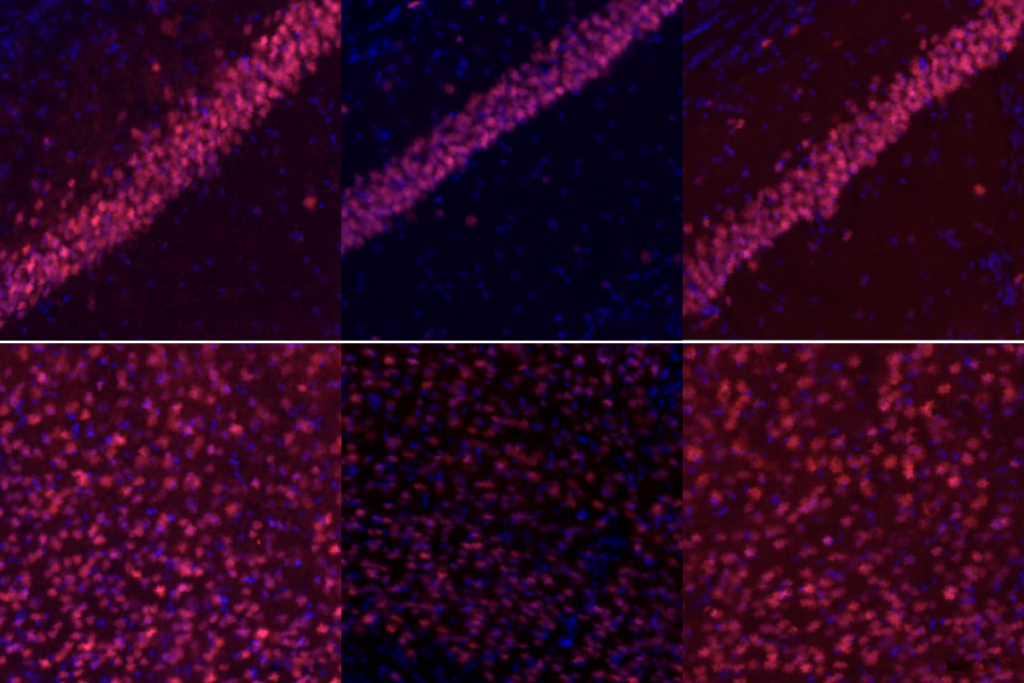
In-vivo base editing in a mouse model of autism, and more
Here is a roundup of autism-related news and research spotted around the web for the week of 23 February.
Infant visual system categorizes common objects by 2 months of age
Brain activity patterns in the ventral visual cortex appear to distinguish images across 12 categories, including birds and trees, longitudinal functional MRI scans suggest.
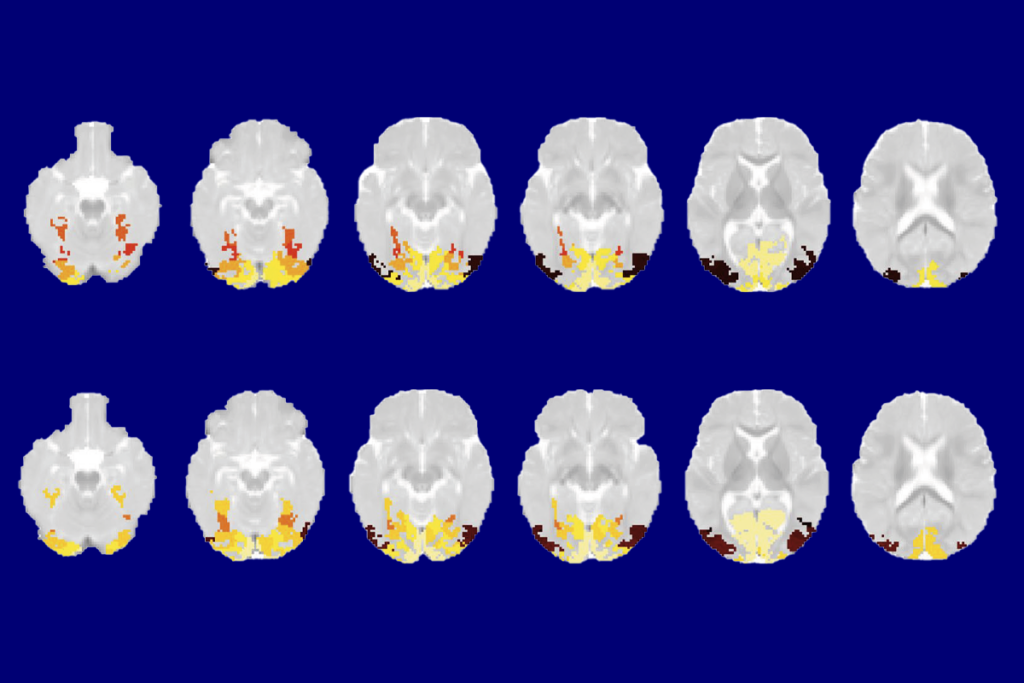
Infant visual system categorizes common objects by 2 months of age
Brain activity patterns in the ventral visual cortex appear to distinguish images across 12 categories, including birds and trees, longitudinal functional MRI scans suggest.